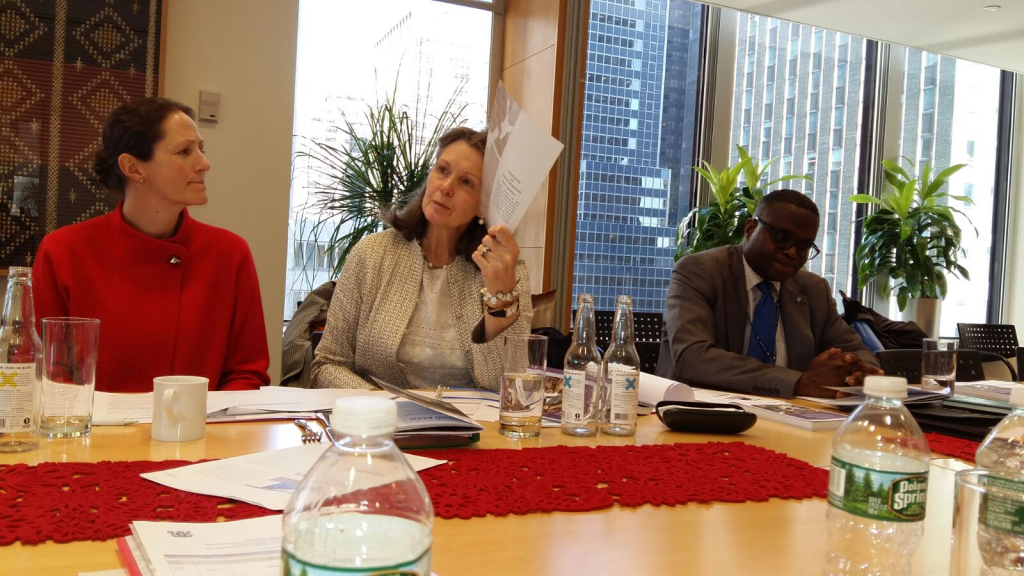
Pacific countries met in Auckland on 12-14 February 2018 in order to take stock and advance implementation of three treaties dealing with conventional weapons: the Arms Trade Treaty (2013), the Convention on Cluster Munitions (2008) and the Convention on the prohibition of the use, stockpiling and transfer of antipersonnel mines (1997).
The meeting was sponsored by New Zealand and Australia and supported by the three Geneva-based Implementation Support Units (ATT, APMBC and CCM). The meeting was also attended by the International Committee of the Red Cross and civil society representatives.
14 Pacific States participated in the meeting: Australia, Cook Islands, Federated States of Micronesia, Fiji, Kiribati, Nauru, New Zealand, Papua New Guinea, Palau, Samoa, Solomon Islands, Tonga, Tuvalu and Vanuatu.
Please click on the links below to access conference documents:
Auckland Declaration on Conventional Weapons Treaties
Conference programme
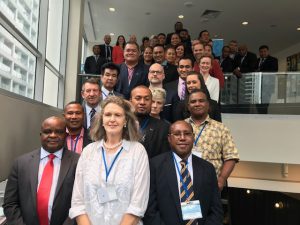
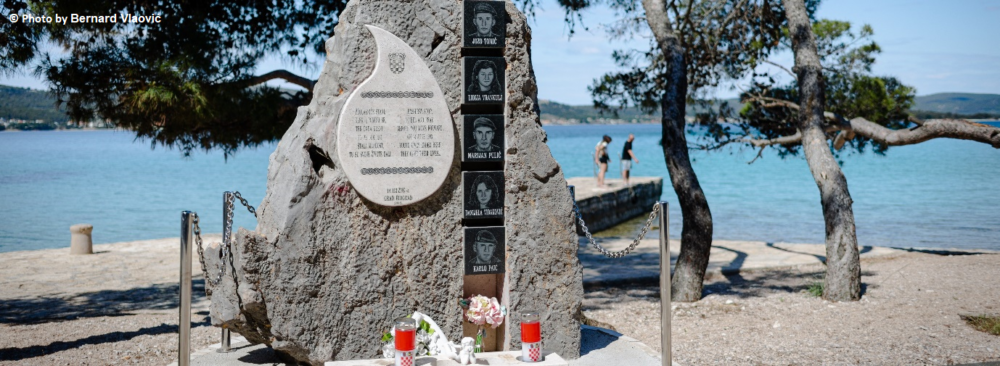
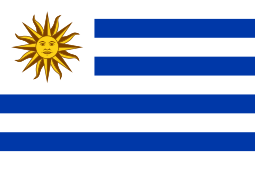
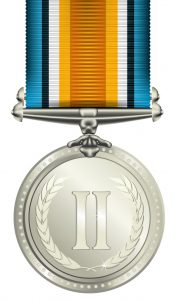
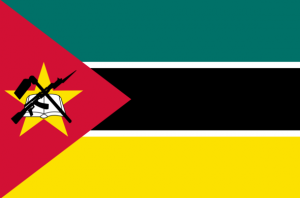

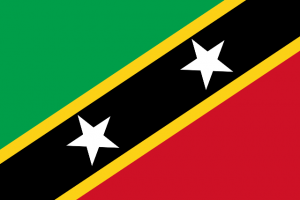

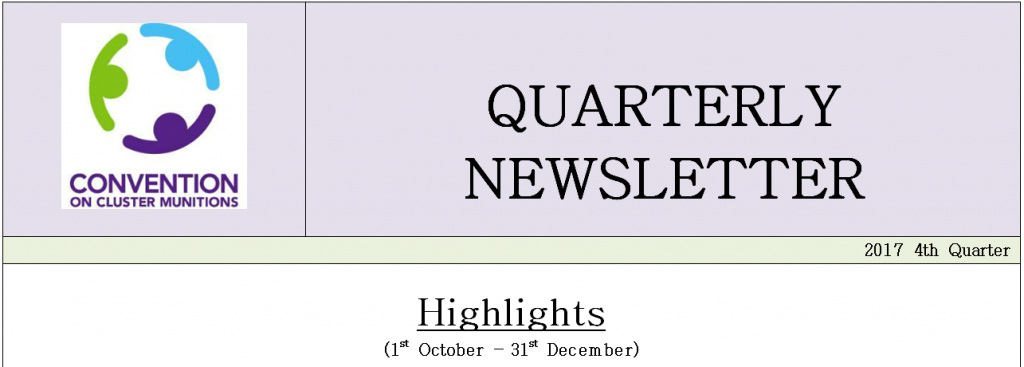


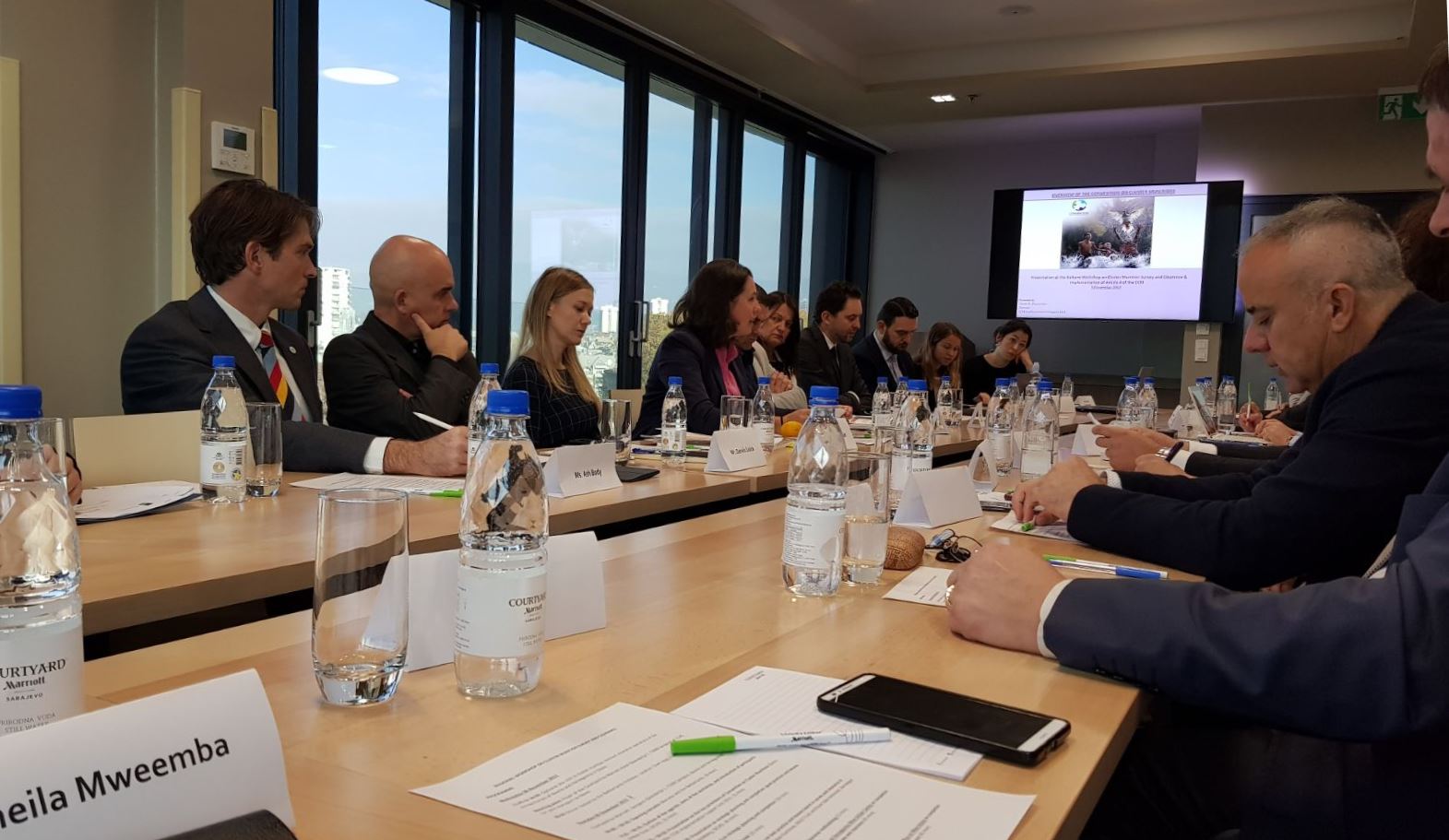 The ‘Balkans workshop on cluster munition survey and clearance and implementation of Article 4 of the CCM’ took place in Sarajevo, Bosnia & Herzegovina, on 8-10 November. Norway, former CCM Coordinator on Clearance and Risk Reduction Education, along with one of the current CCM Coordinators on this thematic, the Netherlands, organized this technical workshop, which brought together representatives of 4 affected States from the region, 5 donor States, 1 donor organization and 3 demining agencies.
The ‘Balkans workshop on cluster munition survey and clearance and implementation of Article 4 of the CCM’ took place in Sarajevo, Bosnia & Herzegovina, on 8-10 November. Norway, former CCM Coordinator on Clearance and Risk Reduction Education, along with one of the current CCM Coordinators on this thematic, the Netherlands, organized this technical workshop, which brought together representatives of 4 affected States from the region, 5 donor States, 1 donor organization and 3 demining agencies.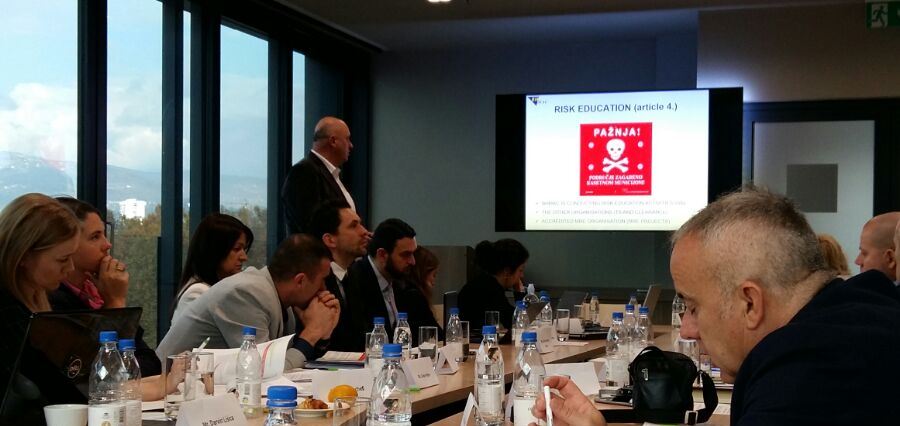
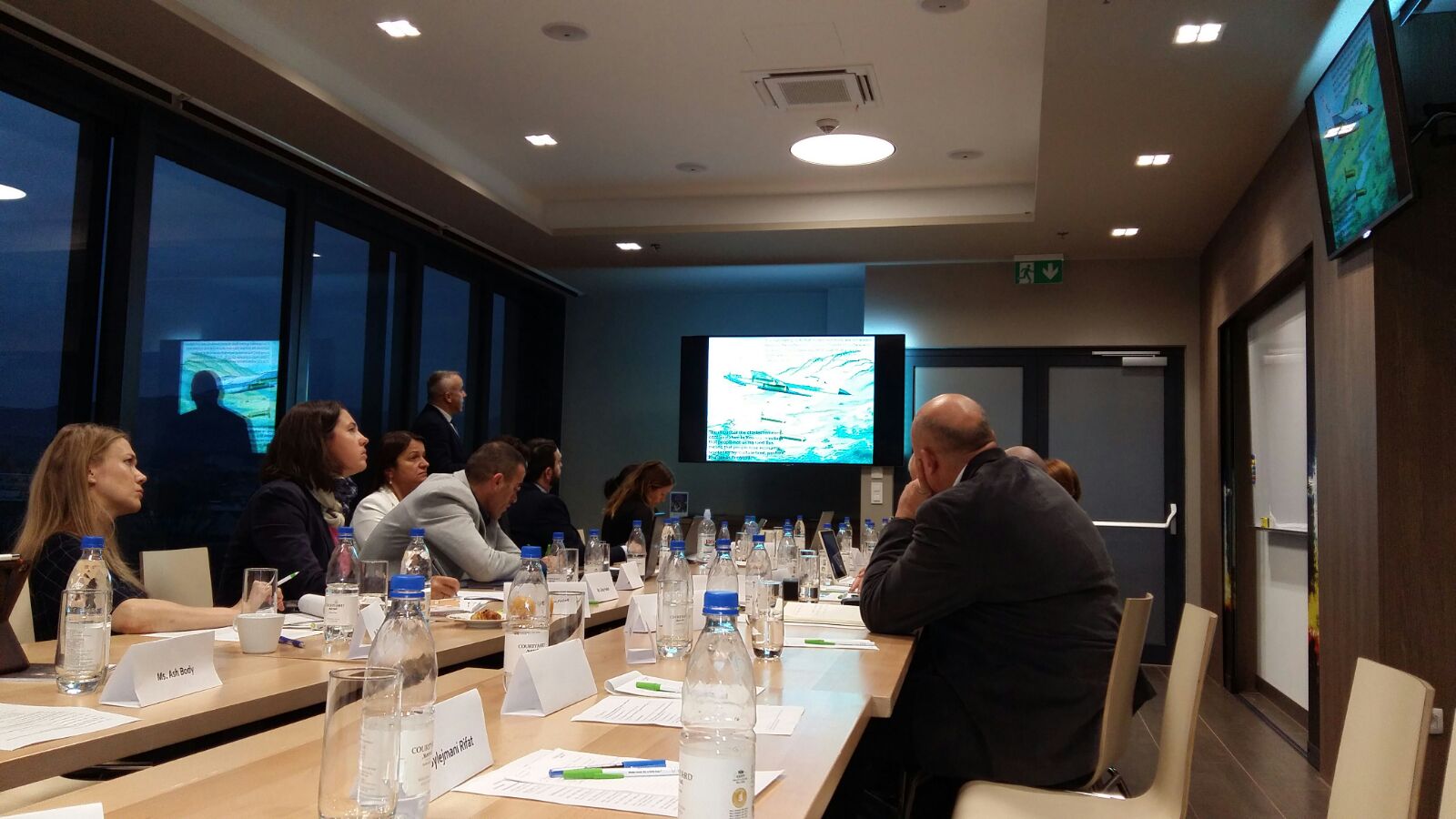
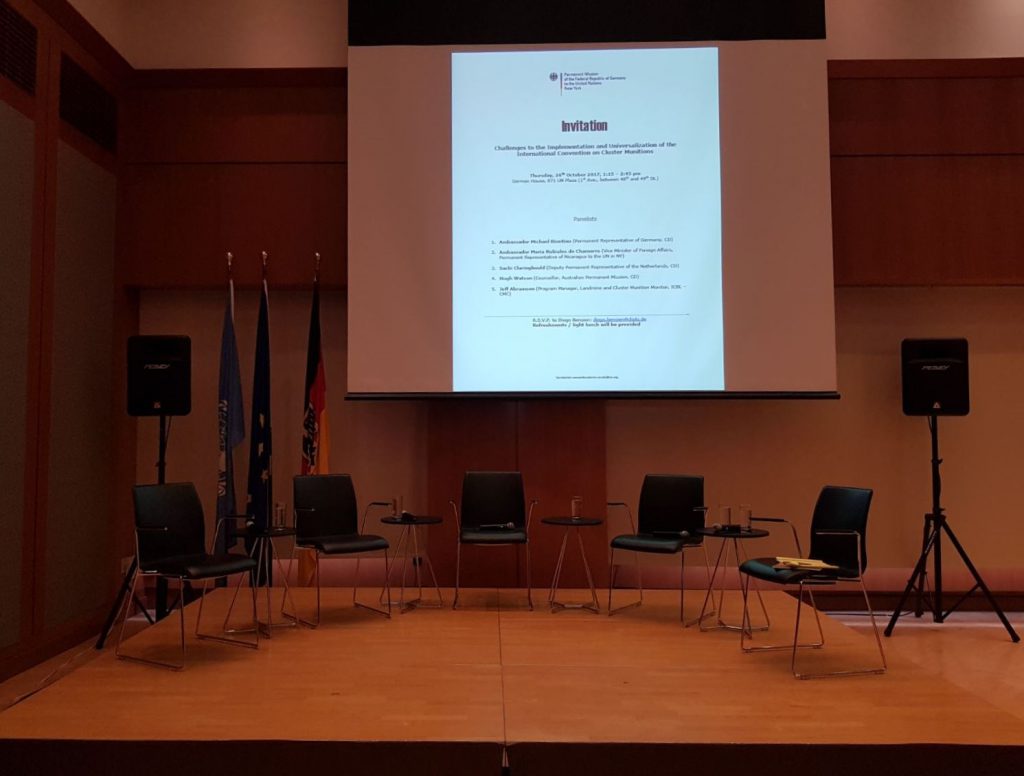
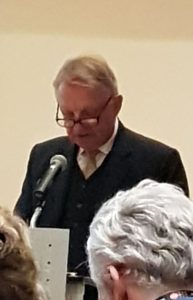
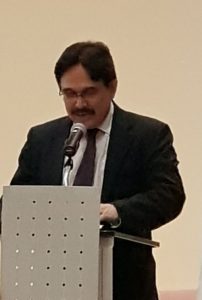
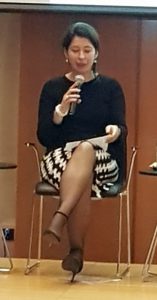
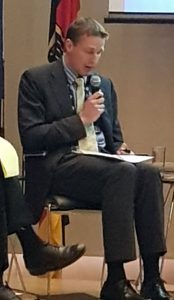
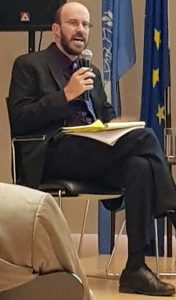
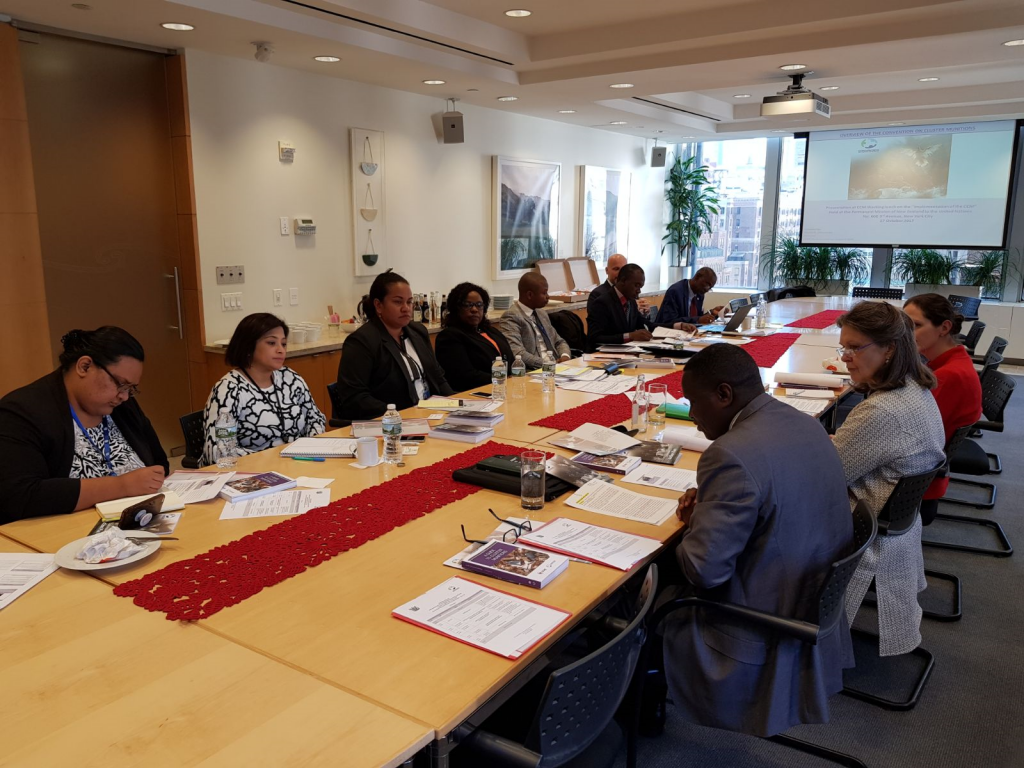 A closed lunchtime side event in the margins of the 72nd session of the UN General Assembly First Committee on Disarmament and International Security was held at the Permanent Mission of New Zealand to the United Nations in New York on Tuesday 17 October 2017. This informal meeting was organized by New Zealand, CCM Coordinator on National Implementation Measures, in collaboration with Zambia, CCM Coordinator on Transparency Measures, and with the technical support of the CCM Implementation Support Unit. Five States Parties attended this side event to discuss obligations stemming from Article 7 (Transparency Measures) and Article 9 (National Implementation Measures) of the Convention.
A closed lunchtime side event in the margins of the 72nd session of the UN General Assembly First Committee on Disarmament and International Security was held at the Permanent Mission of New Zealand to the United Nations in New York on Tuesday 17 October 2017. This informal meeting was organized by New Zealand, CCM Coordinator on National Implementation Measures, in collaboration with Zambia, CCM Coordinator on Transparency Measures, and with the technical support of the CCM Implementation Support Unit. Five States Parties attended this side event to discuss obligations stemming from Article 7 (Transparency Measures) and Article 9 (National Implementation Measures) of the Convention.